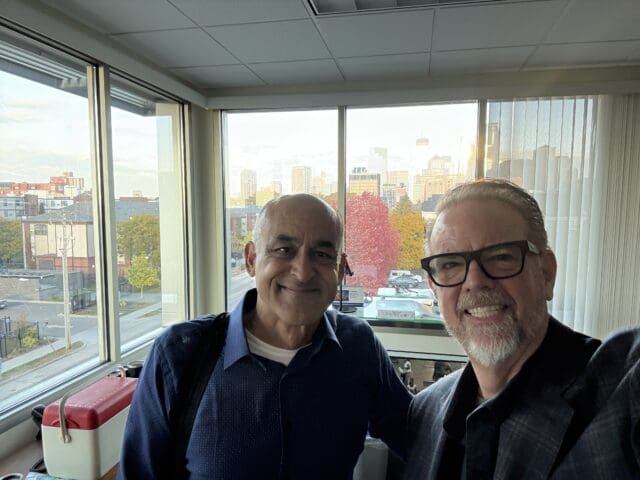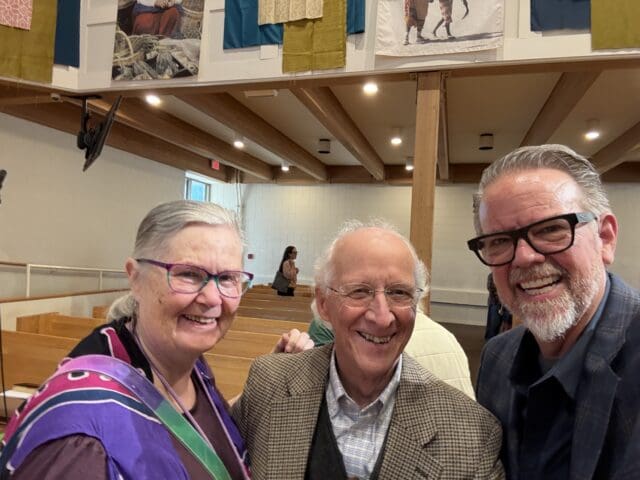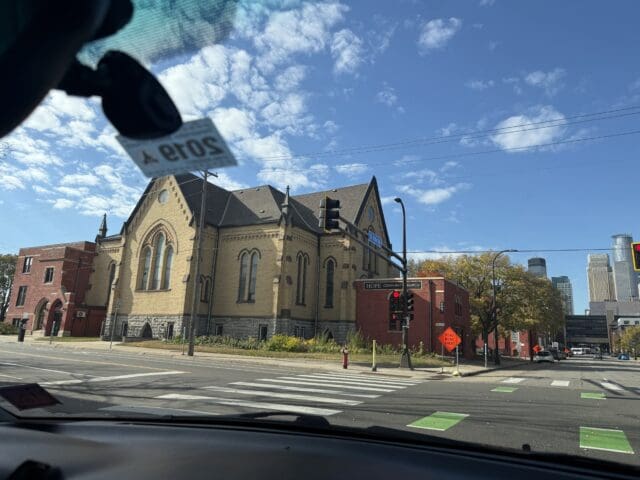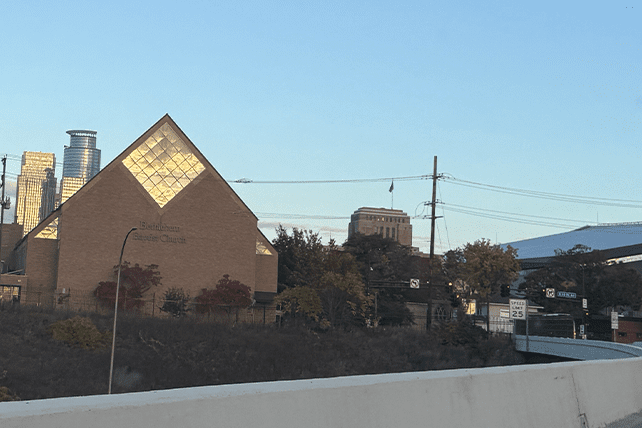When I preach at a church, I often share some observations that might be helpful to others. I call this “Sunday Journeys,” and here my most recent post.
Bethlehem Baptist Church in Minneapolis has been a special church for many years. I saw that in 2013 when I preached there just after the retirement of long-time pastor, John Piper. Over a decade later, I recently saw it again as I returned to preach on God’s mission. The church was focusing on global missions, with a particular focus on global church planting.

Bethlehem’s current pastor, Kenny Stokes, is a faithful gospel brother, and I enjoyed spending some time with him. He apprenticed at Bethlehem during his theological studies in the 1980s, starting as a staff pastor in 1998 and becoming the pastor for preaching & vision in 2021. Kenny knows the rich history of global missionary passion at Bethlehem, and he explained to me that Bethlehem has planted over 20 churches in recent years. They also have 50 missionary partners serving around the world.

Bethlehem has engaged global missions all throughout its 140-year history, and especially became a beacon of passion for the nations under the leadership of John Piper. Piper served as the lead pastor of the church for over 30 years and called his church and many in the wider evangelical movement to “Let the nations be glad!” (to echo the title of his famous book taken from Psalm 67). And, yes, I did get a reference about that line into my message!
Seeing John and his wife Noel Piper was a joy. They have their faithful pew where they sit each week.

I came into Bethlehem already filled with thoughts about global missions after a three-day conference at the Talbot School of Theology particularly focused on engaging Muslims. During the service at Bethlehem, I was particularly moved by the church’s video—I called it a sacred video—as missionaries from around the world told their stories. Pastor Kenny leaned over to me several times and shared where some of these people serve.
For some families, the video listed their names and the place. Others showed just first names and a picture. Others showed no picture and or name, just a single letter. This might perplex those who don’t understand some of the complexities of global missions, but some missionaries enter into real danger to show and share the love of Jesus in hostile places.

I am passionate about seeing more churches join in God’s mission to the nations, because the Bible shows a very clear picture of a mission to “all the nations” (panta ta ethne in Greek). Now, when modern-day people hear “nation” they think of a nation-state like Brazil, France, or Mozambique. But the early disciples would have thought of all of the different kinds of peoples who were not Jewish, who they called “Gentiles.” Today, we might consider an ethnos or “nation” a people group, defined by a distinct cultural background and ethnic identity.
Jesus commissioned his disciples—and us—to “make disciples of all the nations” (panta ta ethne). As The Joshua Project outlines, there are nearly 18,000 such “nations” in the world.
Nearly 8,000 people groups around the world are “unreached,” meaning they are “less than or equal to 5% Christian… AND less than or equal to 2% evangelical.” More than 5,000 people groups are almost completely unengaged. These “frontier” groups are less than 0.1% Christian—with no discernible Christian activity or movement.
We need more pastors, churches, and Christians focused on this massive missionary need. So it was good “to provoke one another to love and good works” (Heb. 10:25) at Bethlehem Baptist Church. They continue to set an example for many about reaching the nations across the globe—and across the street.
Even in the heart of Minneapolis, Bethlehem is engaging the nations. They shared how a person from Somalia had become a believer during the church’s worship itself. We sang in English, French, and Spanish, and they premiered a song by a songwriter from Cameroon.

